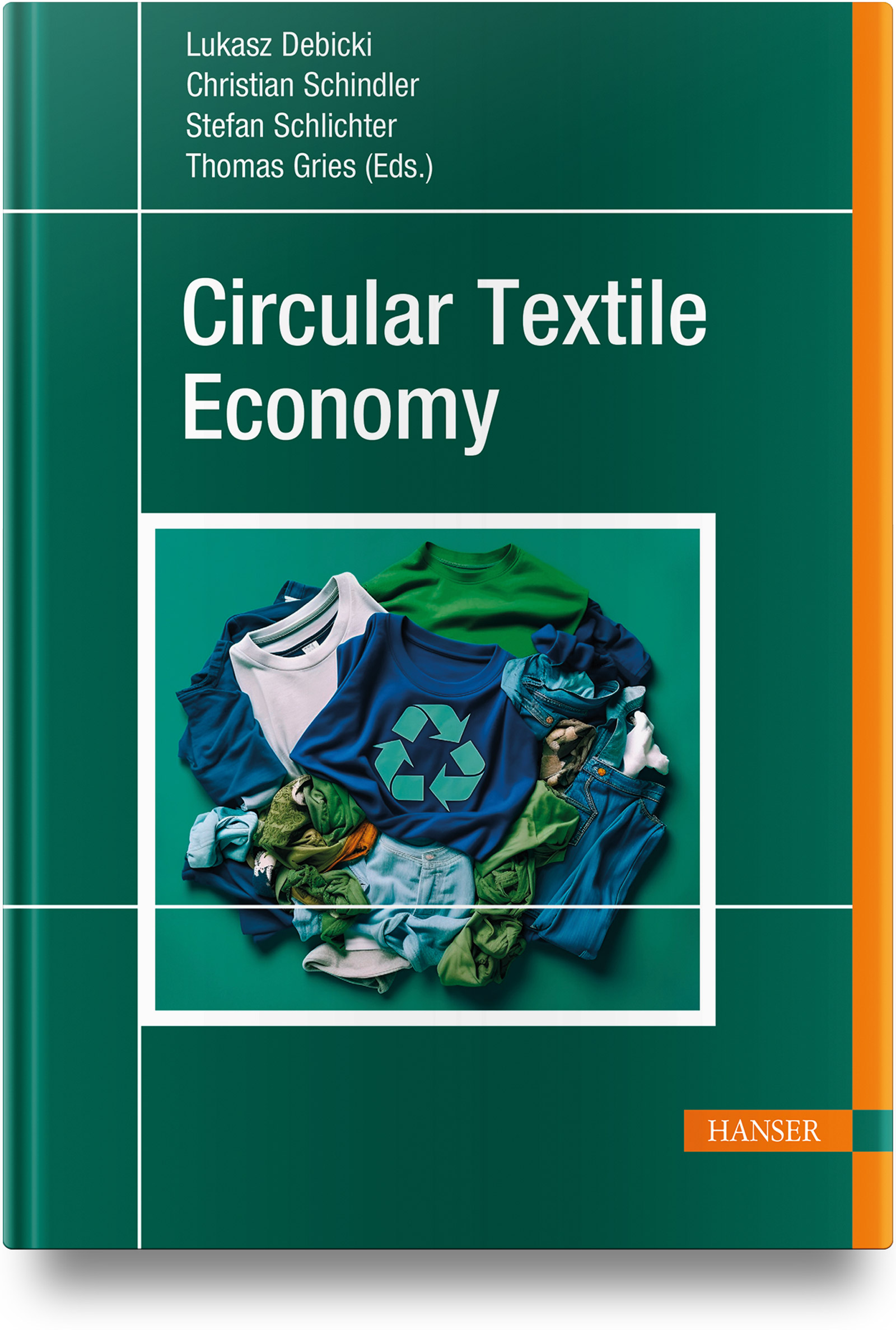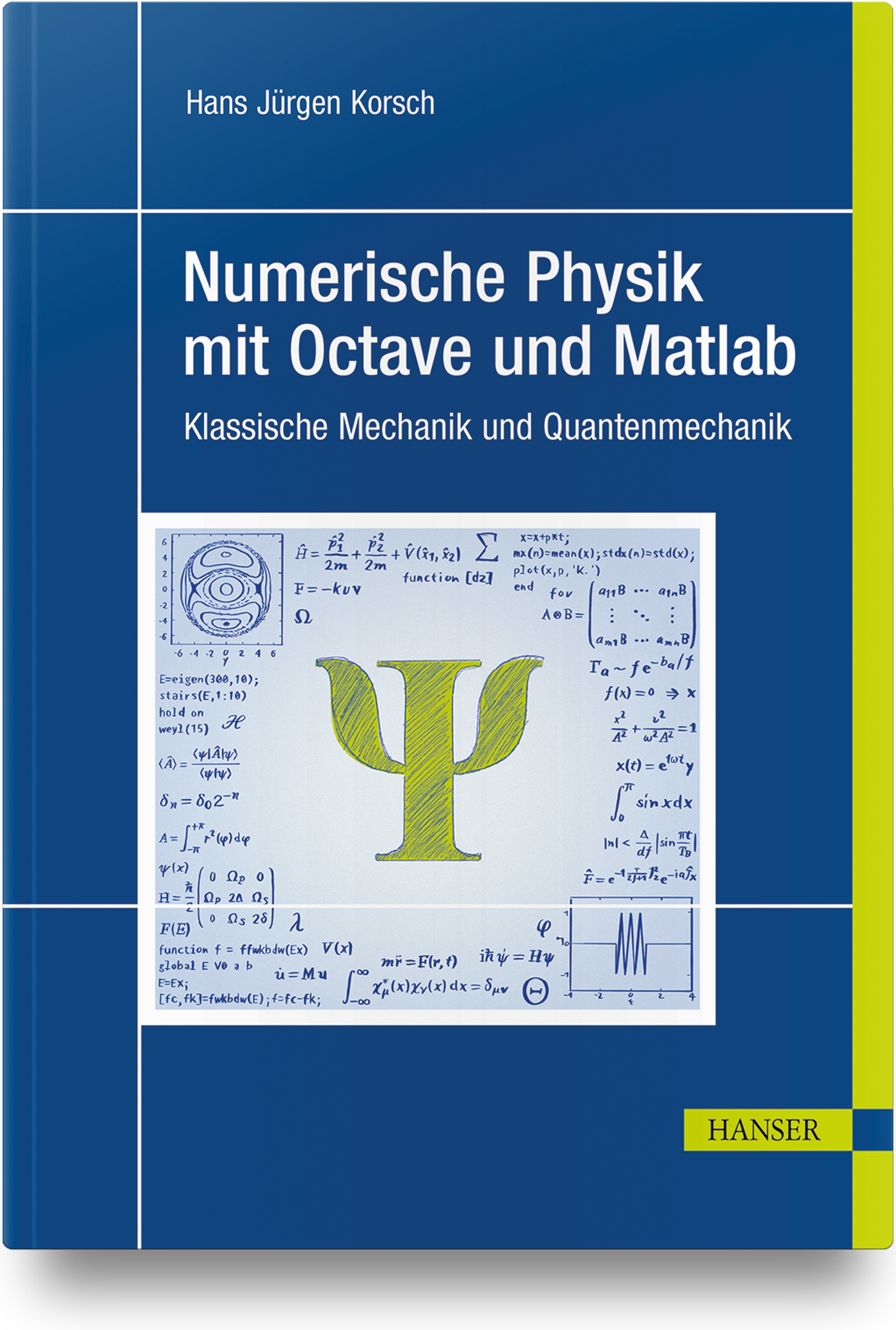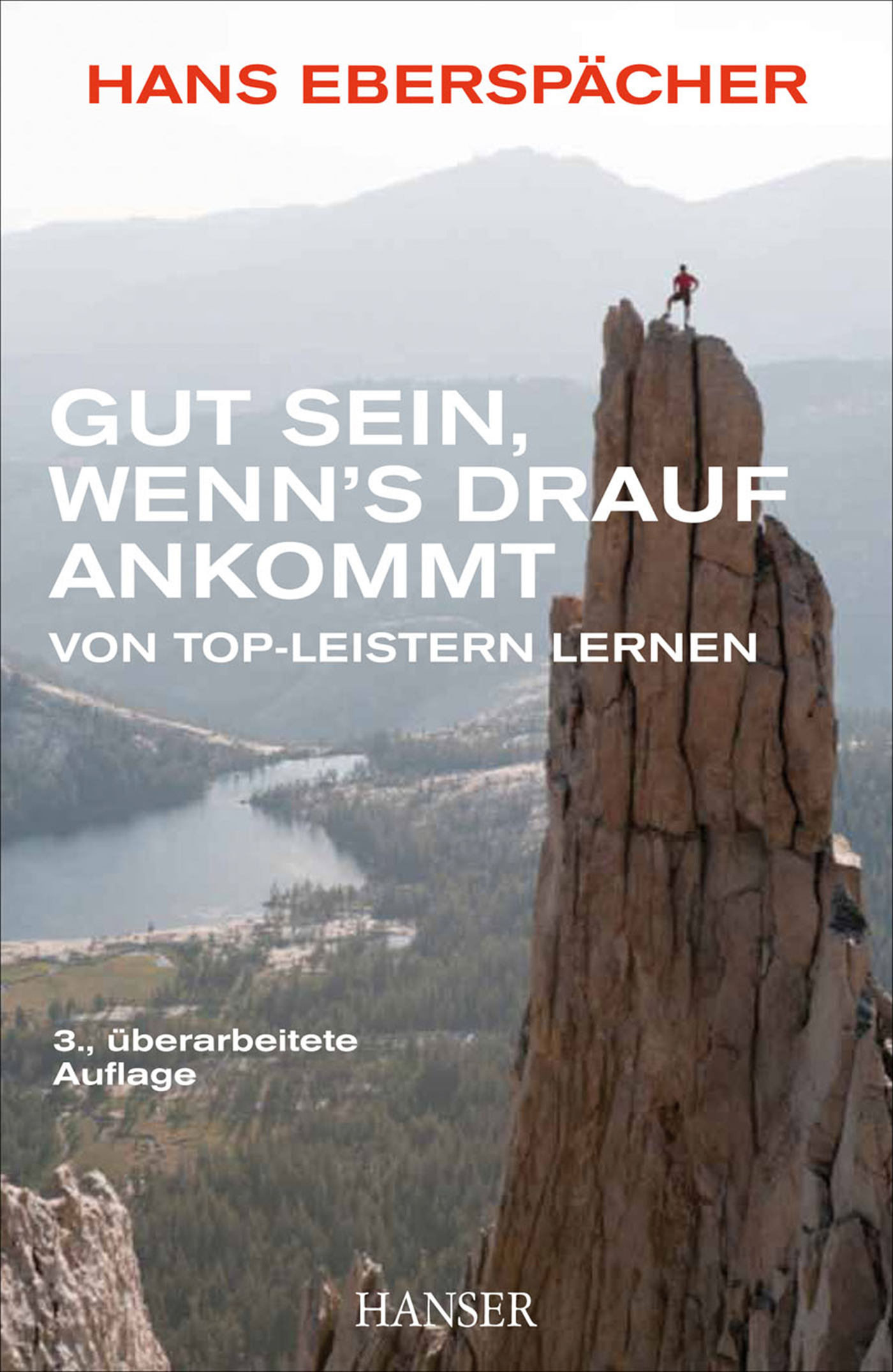- Sie sind hier:
- Fachbuch
- Kunststofftechnik
- Werkstoffe und Anwendungen
- Fasern
Herausgegeben von Lukasz Debicki, Christian Schindler, Stefan Schlichter, Thomas Gries,
Circular Textile Economy
- ISBN: 978-1-56990-230-1
- Buchangaben: 1. Edition, 08/2025
150 Pages, Hardcover
The process chain of textile production and recycling is first presented. Based on this, concepts for textile-to-textile recycling are explained and deepened using industry examples. These concepts are further developed and finally implemented as strategies for a transformation into a circular economy.
Global fiber production is growing continuously and with it its negative impact on our environment. Although the share of recycled fibers is also increasing, it is mainly linear bottle recycling; the share of pre- or post-consumer textile recycling remains less than 1% of the fiber market. With and international authorship from both industry and academia, and reader-friendly presentation including many illustrations and in-depth practical examples, this book identifies possible solutions to these challenges.
The process chain of textile production and recycling is first presented. Based on this, concepts for textile-to-textile recycling are explained and deepened using industry examples. These concepts are further developed and finally implemented as strategies for a transformation into a circular economy.
Global fiber production is growing continuously and with it its negative impact on our environment. Although the share of recycled fibers is also increasing, it is mainly linear bottle recycling; the share of pre- or post-consumer textile recycling remains less than 1% of the fiber market. With and international authorship from both industry and academia, and reader-friendly presentation including many illustrations and in-depth practical examples, this book identifies possible solutions to these challenges.
Dr.-Ing. Lukasz Debicki is Research Group Leader at the ITA Institut für Textiltechnik (Institute for Textile Technology) of RWTH Aachen University, Germany
Dr. Christian Schindler is Director General at the International Textile Manufacturers Federation (ITMF).
Dr.-Ing. Stefan Schlichter is Professor at the University of Applied Sciences, Augsburg, Germany, in the Faculty for Mechanical Engineering and Process Technoogy, with a focus on model factories and artificial intelligence.
Prof. Thomas Gries studied at RWTH Aachen University, Germany, and holds a degree in mechanical engineering and economics. After obtaining his doctorate in mechanical engineering, he worked from 1995 to 2001 at Lurgi Zimmer AG, Frankfurt am Main, in the Technologies for Fibers and Textiles department in a managerial capacity. Since 2001 he has been director of the Institute of Textile Technology (ITA) at RWTH Aachen University.
Dr.-Ing. Lukasz Debicki is Research Group Leader at the ITA Institut für Textiltechnik (Institute for Textile Technology) of RWTH Aachen University, Germany
Dr. Christian Schindler is Director General at the International Textile Manufacturers Federation (ITMF).
Dr.-Ing. Stefan Schlichter is Professor at the University of Applied Sciences, Augsburg, Germany, in the Faculty for Mechanical Engineering and Process Technoogy, with a focus on model factories and artificial intelligence.
Prof. Thomas Gries studied at RWTH Aachen University, Germany, and holds a degree in mechanical engineering and economics. After obtaining his doctorate in mechanical engineering, he worked from 1995 to 2001 at Lurgi Zimmer AG, Frankfurt am Main, in the Technologies for Fibers and Textiles department in a managerial capacity. Since 2001 he has been director of the Institute of Textile Technology (ITA) at RWTH Aachen University.
You may use the cover files free of charge to promote the book.
You may use the cover files free of charge to promote the book.
Carl Hanser Verlag GmbH & Co KG
Kolbergerstr. 22
81679 München
E-Mail: info@hanser.de
Sicherheitshinweis entsprechend Art.9 Abs. 7 Satz 2 GPSR entbehrlich
Carl Hanser Verlag GmbH & Co KG
Kolbergerstr. 22
81679 München
E-Mail: info@hanser.de
Sicherheitshinweis entsprechend Art.9 Abs. 7 Satz 2 GPSR entbehrlich




